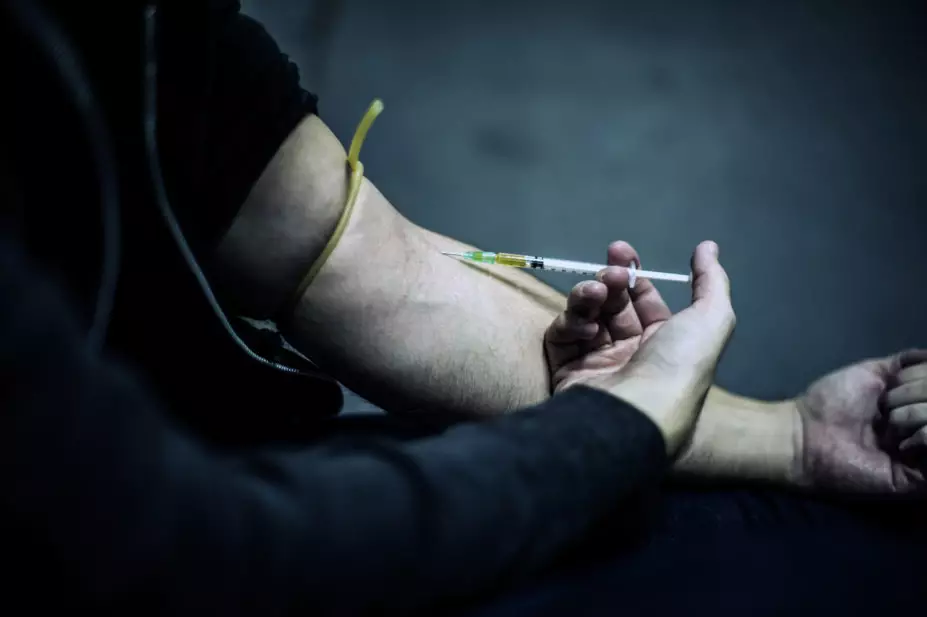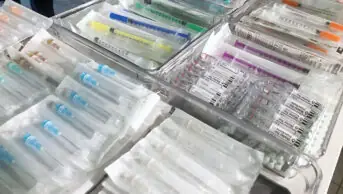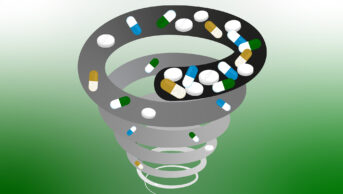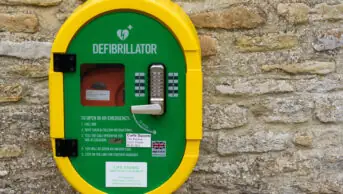
Shutterstock.com
There has been a sharp increase in overdoses among people who use heroin with other drugs over the past 10 to 14 days, with the synthetic opioid isotonitazene implicated in some cases, say public health bosses.
Investigations are still ongoing, but 46 poisonings have been reported in England, resulting in 16 deaths in several areas of the country, including five London boroughs, Hampshire, Essex, West Sussex, Dorset and Thames Valley.
In a National Patient Safety alert issued on 18 August 2021, Public Health England (PHE) said that there have been an “unprecedented number of overdoses” and testing has showed that three cases involved heroin adulterated with the synthetic opioid isotonitazene, a combination more commonly seen in the United States.
“Its [isotonitazene] potency and toxicity are uncertain but perhaps similar to, or more than fentanyl, which is about 100x morphine,” said PHE.
The alert instructs all NHS organisations, including community pharmacies, where staff may encounter people who use drugs to ensure that their staff are made aware of the risk of severe toxicity resulting from adulteration of heroin with potent synthetic opioids.
It also says that all organisations that provide emergency care for opioid overdose should ensure staff are able to treat suspected cases “using naloxone and appropriate supportive care”.
The four UK government health departments are currently jointly consulting on whether pharmacists across the UK could be allowed to supply and administer naloxone — an opioid antagonist that is used to counter decreased breathing in opioid overdose — without a prescription.
Pharmacies can currently supply naloxone without a prescription if they provide drug treatment services, such as opioid substitution; otherwise a patient group direction is needed.
The Royal Pharmaceutical Society in Scotland’s policy on ‘Drug deaths and the role of the pharmacy team‘, published in June 2021, calls for naloxone to be made available from every community pharmacy. In July 2021, the Scottish Drug Deaths Taskforce reported that handing out take-home naloxone kits may have saved almost 1,400 lives in 2020.
Roz Gittins, director of pharmacy at the charity Humankind, said that the latest warning meant it was now “more important than ever” that all community pharmacy teams are able to provide take-home naloxone kits.
She said: “People also need to know where they can get hold of naloxone, as well as being reminded to carry it with them and to let people know where they keep it. If advice and support is required then the local substance misuse service should be contacted for specialist support.
“We hope that the current consultation to widen naloxone provision will be successful and that improved funding will lead to naloxone being distributed more widely to help reduce the risk of accidental opioid overdoses.”
The news of increased overdoses in England follows data published by the Office for National Statistics on 3 August 2021, which show that the number of deaths related to drug poisoning in England and Wales grew by 3.8% to 4,561 in 2020, compared to the year before.


